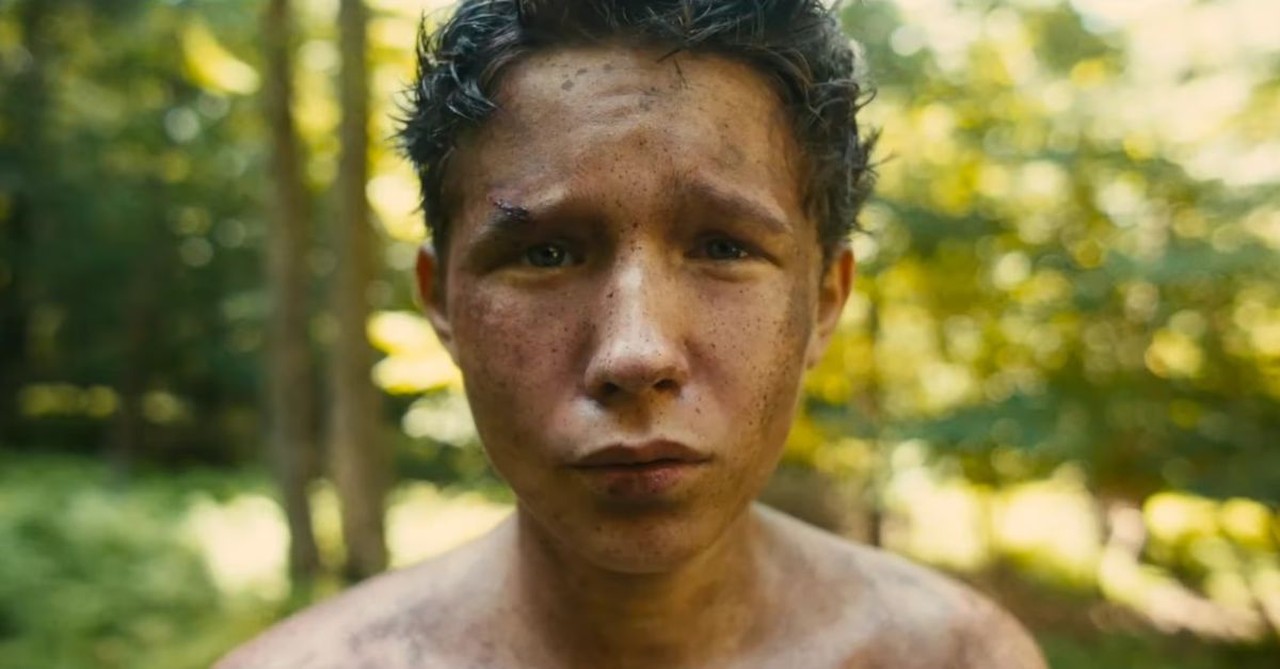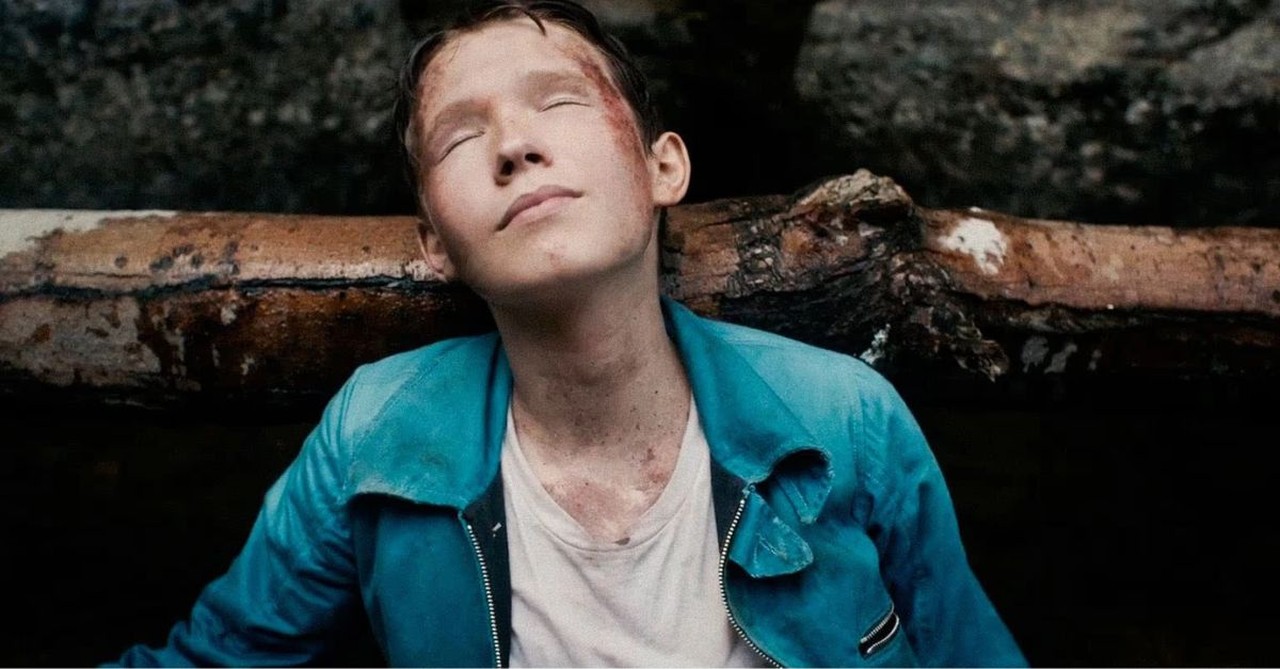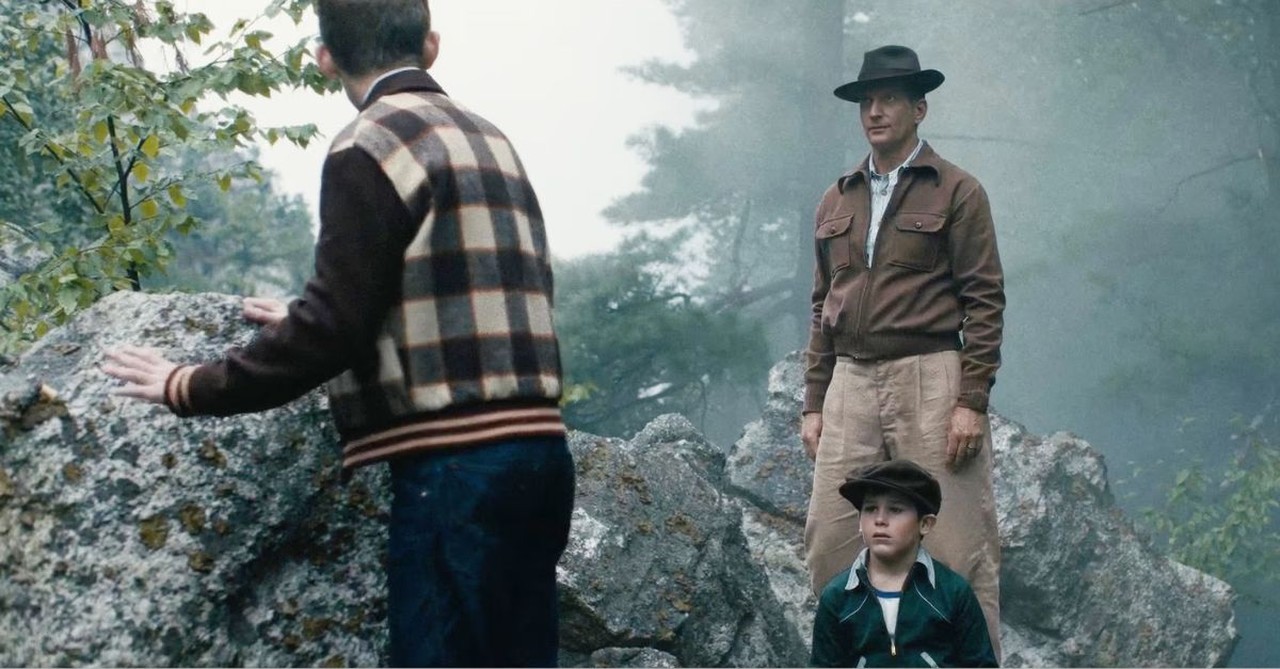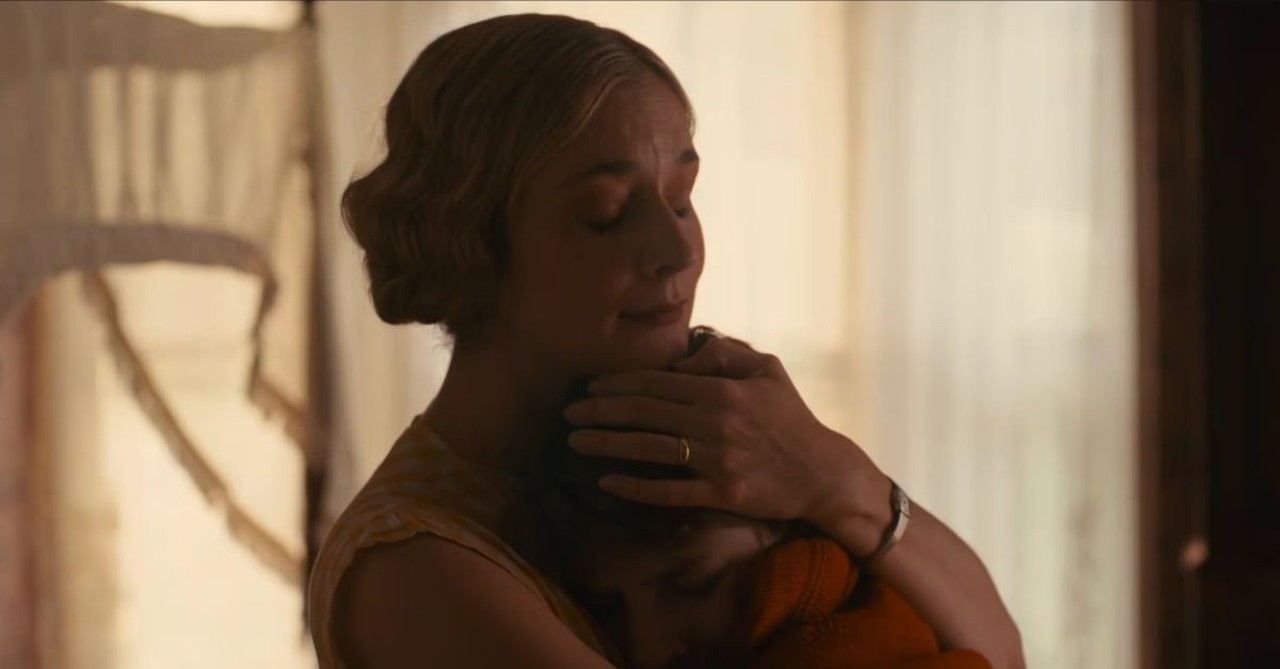3 Ways Lost on a Mountain in Maine Will Inspire Your Family

Donn is a 12-year-old boy in 1939 with a love of the outdoors, a passion for adventure, and a strong desire to spend time with his often-absent dad. Donn is also a boy with a stubborn streak. Thus, when bad weather hits during his family’s hike up Maine’s Mount Katahdin, Donn refuses to turn back.
“We’re going to the top,” he tells his father, who reluctantly agrees to let Donn and his twin brother Ryan travel the rest of the way alongside a guide while dad and a younger sibling head back.
“We don’t need you,” Donn adds, bitter over his father’s frequent travels for work.
In hindsight, though, maybe Donn does need his dad. That storm only grows worse, and by the time the trio reaches the summit, rain and wind are unrelenting. It’s so bad, in fact, that they get separated. Ryan and the guide make it safely back to his dad, but Donn -- tragically -- gets lost.
Donn could be anywhere on Mount Katahdin, which takes at least eight-plus hours to traverse and is filled with dangerous crevices, ledges, and boulders.
Will Donn ever be found?
The new movie Lost on a Mountain in Maine (PG) follows the gripping story of Donn, who must learn to survive on his own while his family joins the park rangers in organizing a search-and-rescue mission.
It’s one of the best new movies of the year.
Here are three reasons this film will inspire the entire family!
Photo Credit: ©Balboa Productions
1. It’s Based on an Inspiring True Story

1. It’s Based on an Inspiring True Story
SLIDE 1 OF 3
Lost on a Mountain in Maine is based on the true story of Donn Fendler, who co-wrote a book of the same name recounting his harrowing experience of survival and resilience after being lost for nine days in the Maine wilderness. That book -- required reading for Maine schoolchildren -- details how Fendler’s ordeal gained national headlines while rallying a community. Many people, including his brother, had given up hope and assumed he was dead.
The film smartly intersperses grainy interview clips of rescuers and family members, reminding us that this story is not the invention of a Hollywood writer but the real-life account of a young boy’s courage and determination.
Sylvester Stallone helped produce it.
Photo Credit: ©Balboa Productions
2. It Highlights the Value of Family

2. It Highlights the Value of Family
SLIDE 2 OF 3
The film opens with Donn and Ryan excitedly discussing an upcoming fishing trip with their father, who has been traveling for work but is set to arrive home at any moment with money in his pocket and time on his hands. Unfortunately, Mr. Fendler (Paul Sparks) returns home with disappointing news: He’ll have to head back on the road in just a few days, meaning their long-anticipated fishing trip is off the table. Don’t worry, though, he says: We’ll take a hike up Mount Katahdin tomorrow to make up for it. Donn (Luke David Blumm) doesn’t take the news well: “Why’d you even come back?”
The backdrop to Mr. Fendler’s stress involves world events. Mussolini is on the march in Europe. The American economy is in shambles. “The world is not gonna give them a break,” Mr. Fendler tells his wife. “Neither should I.” He scorns Donn for spitting. He rebukes him for placing his arms on the table. He is, in one word, stern.
Yet when Donn goes missing, Mr. Fendler’s heart softens. He admits to his wife that he was so “focused on trying to make him tough” that he “forgot to be his dad.” Then, again, those lessons on resilience come in handy for Donn in the wilderness. Donn’s father tells the park ranger he had taught Donn: 1) don’t lose your head, 2) follow a stream because it leads to a river, which leads to civilization, and 3) press on when things get tough. As the film progresses, we watch Donn put those lessons from his dad into action.
Meanwhile, Mrs. Fendler (Caitlin FitzGerald) gets involved in the search-and-rescue, too. She phones newspapers. She recruits a pilot to fly a rescue plane. She pleads for community support.
The film is a heartwarming family tale of resilience, love, determination, and forgiveness.
Photo Credit: ©Balboa Productions
3. It Encourages Us to Treasure the Moment

3. It Encourages Us to Treasure the Moment
SLIDE 3 OF 3
Trials have a way of reshaping our perspective and reminding us of the blessings we often overlook. It’s not until his son goes missing that Mr. Fendler realizes he should have raised Donn with more grace. And it’s not until Donn is searching for food and shelter that he appreciates the loving mom and dad who had sacrificed for his every need. During one scene, a shirtless and disheveled Donn closes his eyes and imagines sitting at the dinner table with his family. During another scene, he hallucinates a cozy bed in the middle of the wilderness. Simple comforts, once taken for granted, become his deepest longings.
On multiple occasions, Donn prays. “God, I will be the best kid in the entire world,” he says, pleading with God to spare his life. “I will even put my elbow on the table. I just want to see my mom again.”
The film encourages us to cherish our blessings and treasure every moment. It also urges us to maintain hope in the middle of despair. Many rescuers assumed Donn was dead. His father, though, tells Donn’s twin, “We’re gonna find him.”
Lost on a Mountain in Maine contains no sexuality or violence and only minor language (see below).
It’s a powerful film with solid lessons about hope, faith, resilience, family, and community.
Rated PG for thematic elements, peril, language and some injury images. Language details: d--n (4), h--l (4), s--t (1), OMG (1). Much of the language comes from rescue workers in archived interviews.
Discussion questions: How did Donn’s trial change his perspective on life? How did it change his family’s perspective? Can a person’s perspective on life change without going through a trial? What blessings do you take for granted?
Entertainment rating: 4 out of 5 stars.
Family-friendly rating: 4 out of 5 stars.
Photo Credit: ©Balboa Productions
Michael Foust has covered the intersection of faith and news for 20 years. His stories have appeared in Baptist Press, Christianity Today, The Christian Post, the Leaf-Chronicle, the Toronto Star and the Knoxville News-Sentinel.
Listen to Michael's Podcast! He is the host of Crosswalk Talk, a podcast where he talks with Christian movie stars, musicians, directors, and more. Hear how famous Christian figures keep their faith a priority in Hollywood and discover the best Christian movies, books, television, and other entertainment. You can find Crosswalk Talk on LifeAudio.com, or subscribe on Apple or Spotify so you never miss an interview that will be sure to encourage your faith.
Originally published October 31, 2024.









